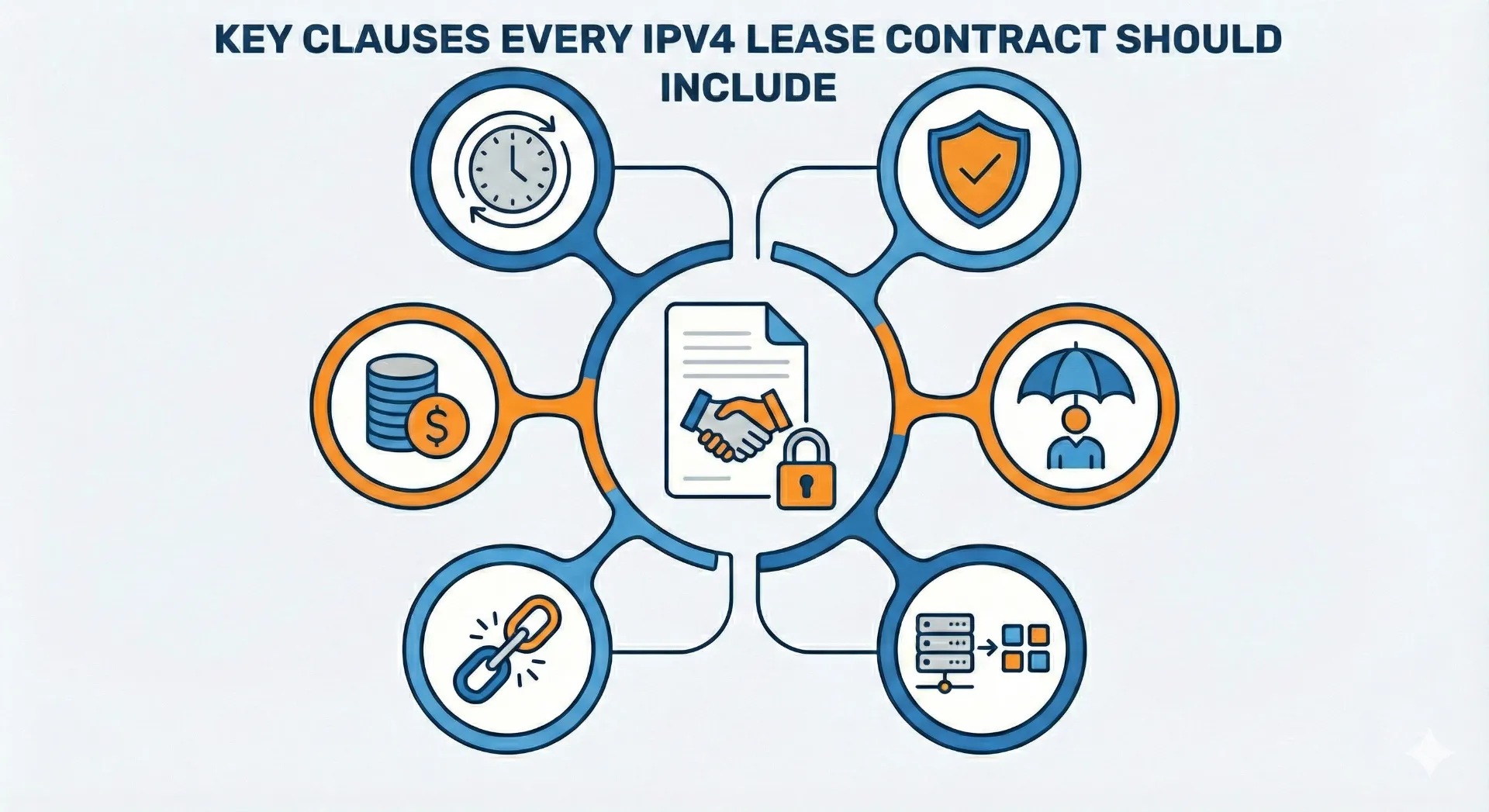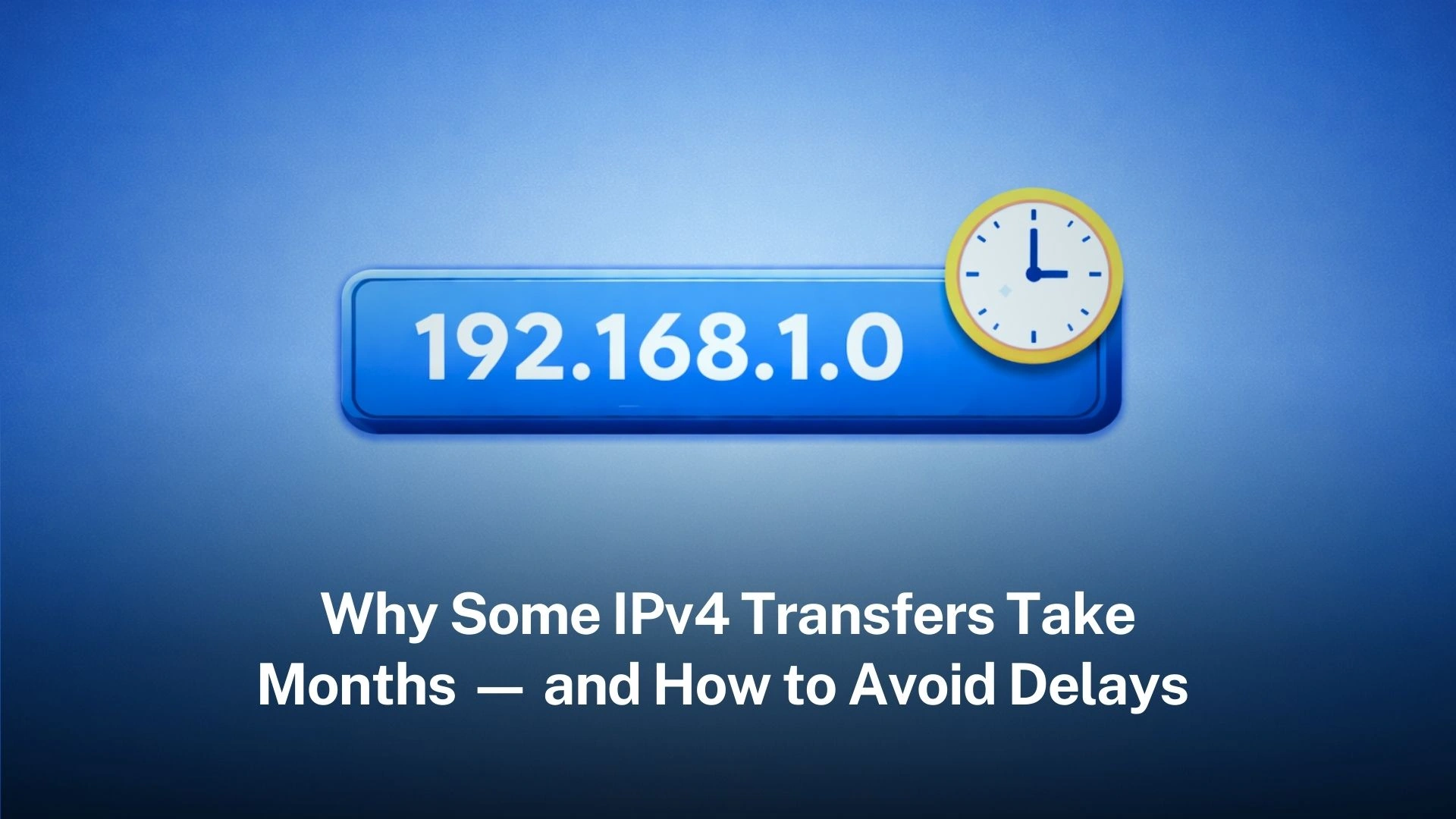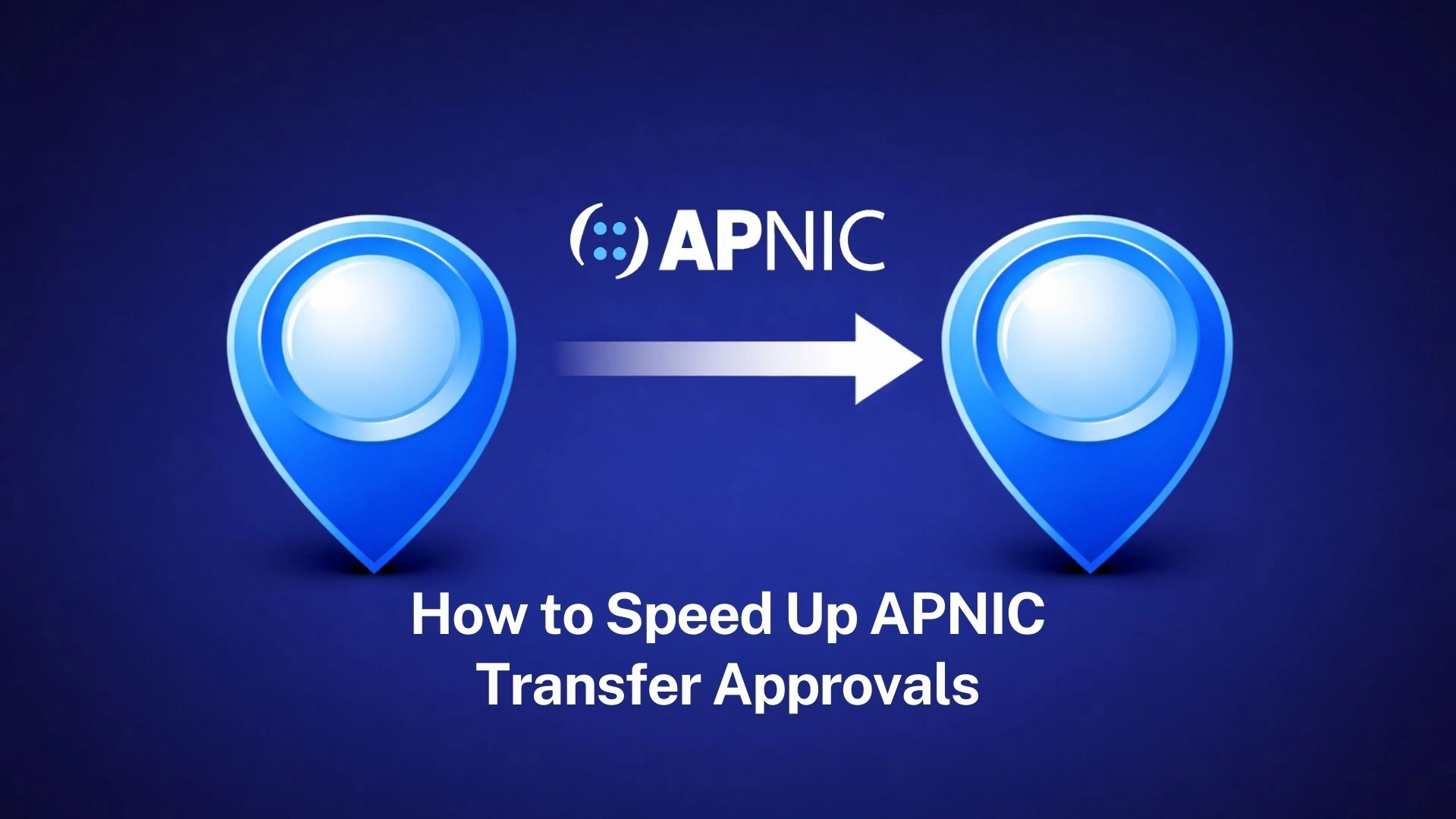
A robust IT infrastructure is critical for the success of any business in today’s digital age. It forms the foundation on which companies build their day-to-day operations, ensuring everything runs smoothly—from managing internal processes to interacting with customers. But what exactly is IT infrastructure, and why is it so essential? This article will walk you through the key elements of IT infrastructure and its importance in the modernRead more

A proxy IP is an intermediary IP address used to mask or relay your original IP address when accessing the Internet. It acts as a gateway between the user and the web. When a request is made to access a website, the proxy server (which uses the proxy IP) forwards that request, hiding the user’s real IP address from the website. This allows for increased privacy and anonymity whenRead more

IP addresses are crucial for identifying devices and enabling communication across networks. As the internet continues to expand, the demand for IP addresses has surged, leading to the rise of the IP address marketplace. This unique market allows businesses and individuals to buy, sell, or lease IP addresses, ensuring that resources are optimally utilized in a world where IPv4 addresses are becoming scarce. What Is an IP Address Marketplace?Read more

Securing communications between devices is important, especially when managing remote systems. One of the most widely used and trusted protocols for secure remote access is SSH (Secure Shell). This article will dive into what SSH is, how it works, and why it’s so important for network security. What is SSH? SSH (Secure Shell) is a network protocol that allows users to access and manage remote computers securely over anRead more

What is a VPN? A Virtual Private Network (VPN) is a technology that allows users to create a secure connection to another network over the Internet. By encrypting your data, a VPN hides your online activities, making it harder for hackers, advertisers, or even your ISP to track your browsing behavior. Essentially, a VPN acts as a tunnel, shielding your Internet traffic from prying eyes and ensuring privacy andRead more



